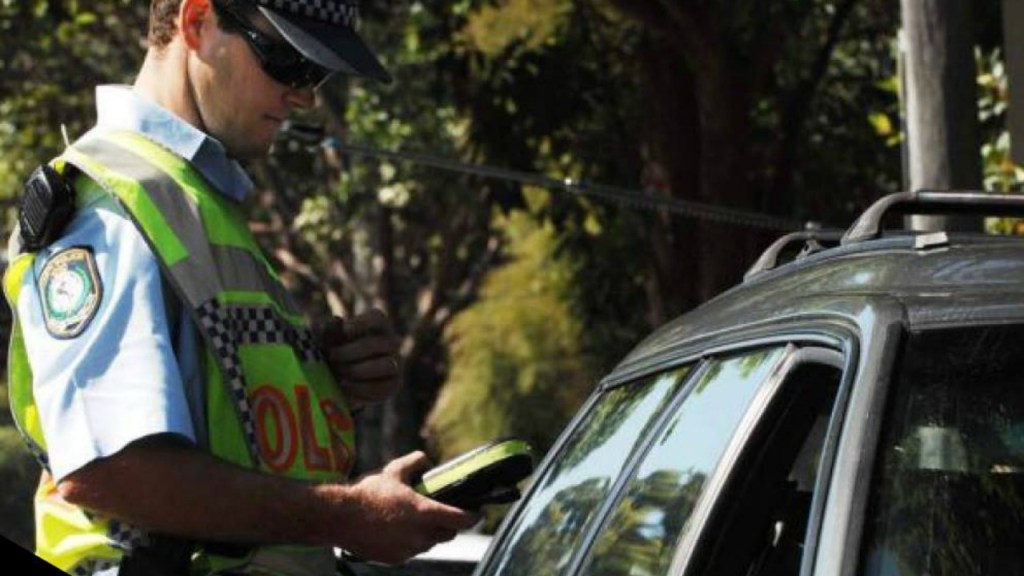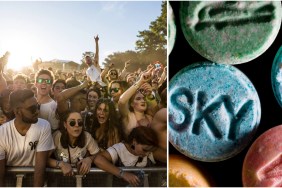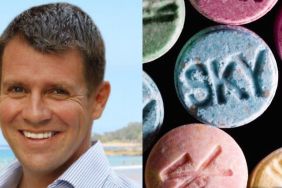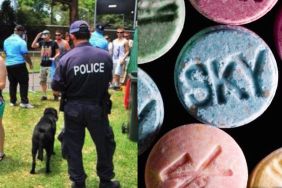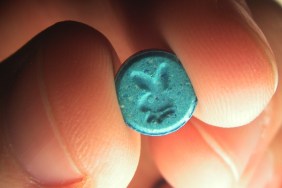As the number of arrests in New South Wales for drug driving has doubled over the past year, concerns have been raised over the fairness of roadside testing technology for detecting driving impairment, resulting in drivers potentially being penalised despite not actually being under the influence of drugs while on the road.
According to the Sydney Morning Herald, more than 3000 drug-driving charges were heard in NSW courts from January to September 2015, compared with 1456 cases heard in 2014. That’s an increase of 109 per cent, stats that prompted some commentators to raise concerns that the government may be more interested in criminalising drug use than promoting road safety.
While with all the talk of a crackdown on drug-driving – the government “throwing millions” of taxpayer money at roadside testing as Minister for Roads Duncan Gay described it – you might think such an increase was expected. However the surge actually precedes the ramp up of roadside drug testing by the State Government.
In fact, with Deputy Premier Troy Grant announcing his plans in December to triple roadside drug testing to 97,000 tests each year by 2017, many are predicting that drug-driving cases will rise even further and soon overtake drink driving cases.
Senior managing lawyer with Sydney Criminal Lawyers Jimmy Singh told SMH that he had seen “an exponential increase” in drug-driving cases in the past few months.
“Sometimes we are getting three to four clients per week. I won’t be surprised if it increases further,” he said.
Part of the problem is that where roadside breath testing for alcohol allows for a concentration threshold as a means of establishing when someone is impaired – under 0.05 is the legal limit for most drivers in NSW – drug-driving charges can be laid for the mere presence of cannabis, speed or ecstasy in any concentration. This is despite consumption of illegal drugs not being a criminal offence, even though possession is.
Mr Singh said the strictness of the laws made it clear that roadside drug testing is all about criminalising drug use rather than road safety.
“It does not appear to have the purpose of protecting the other road users. All they need to prove the offence is a drug certificate that shows drugs were in your system,” Mr Singh said.
Deputy Premier Grant didn’t deny that the laws were based on a prohibition on illegal drug use, saying via a spokesperson: “if anyone is concerned about getting caught, they shouldn’t take illegal drugs.”
This is pretty much in keeping with the party line from Grant and Premier Mike Baird, who have dismissed international practices and pursued policies of hard-line policing when it comes to drug use. Who can forget the recent threats to shut down music festivals unless they did more to stop attendees consuming illicit substances, despite numerous calls to implement pill testing services to ensure the safety of festival goers?
In fact the NSW Bureau of Crime Statistics and Research report shows that NSW Police have begun targeting drug users despite “every major crime category across the state falling or remaining stable”, the Sydney Morning Herald reported in December last year. That includes arrests rates for for dealing and trafficking, the overall number of arrests for importing drugs dropping by 45 per cent.
In regards to alternatives to our current roadside testing system, The Greens and in particular NSW MP David Shoebridge would like to see the government model the system after the one operating the UK right now. Under the UK system police test for drug levels that are known to impair one’s ability to drive, rather than the smallest detectable amount.
“The stupidity of [Australia’s system] is reasonably clear,” Shoebridge told inthemix. “They are testing only for the presence of drugs and nothing to do with impairment. And they’re testing only for a handful of illegal drugs, even though some of the drugs that are most commonly found in road accidents, such as prescription drugs, are excluded.
“[We want] evidence based laws that reflect reality and make our roads safer. No one wants to be sharing the road with someone who is impaired from drugs. That should be a pretty easy common goal for all politicians, but instead we have these anti-drug zealots who are using roadside drug tests to run their ideological war.”
Shoebridge has started a petition to stop evidence-free roadside drug testing, which you can sign here.
